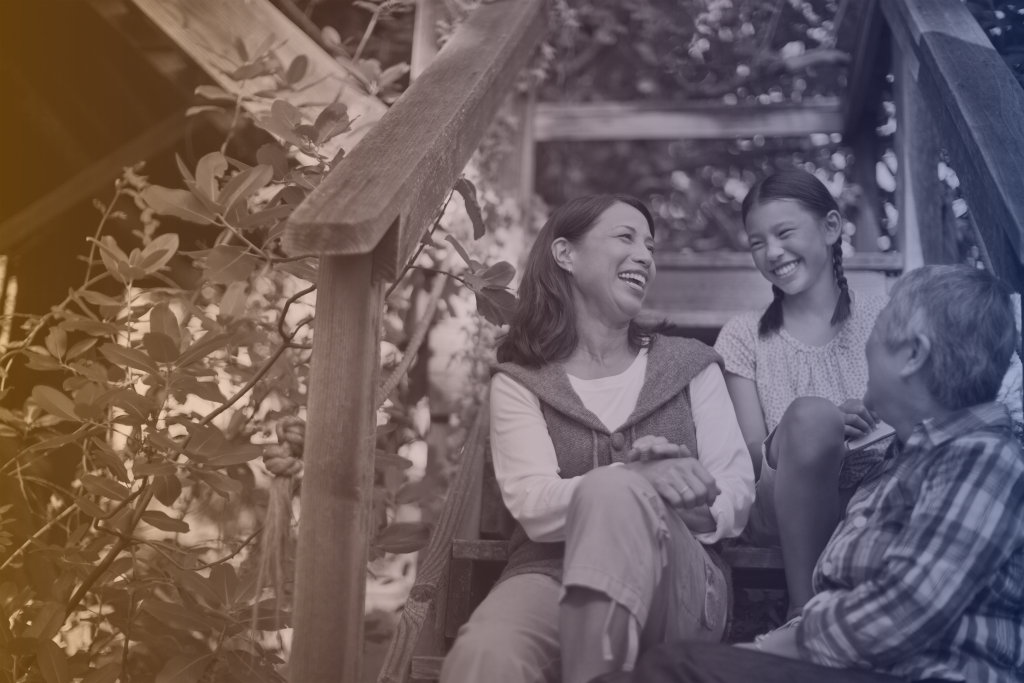
WentWest is pleased to announce the launch of our WentWest Stories project. These stories celebrate the dedication of our staff, the impact of our programs, the commitment of our health professionals, and the resilience of our community. Our passion for equitable health care drives us as individuals and as an organisation, and unites us as we work with partners towards ‘one Western Sydney’ health system.
This project aims to highlight the breadth of WentWest’s work as the Western Sydney Primary Health Network and advocate on behalf of programs and health providers that serve the needs of our community. These stories shed light on the real challenges faced by our population and how we can collectively improve health outcomes for all. In particular, stories focus on initiatives that address our region’s health priorities: Aboriginal health, aged care, alcohol and other drugs, child and family health, chronic conditions, COVID-19, mental health and population health.
The first stories in this project come from commissioned providers Safe Space, Marrin Weejali, The Shed in Mt Druitt, Hospital to Home, and the NSW Service for the Treatment And Rehabilitation of Torture and Trauma Survivors (STARTTS). As the project expands, stories will also incorporate the experiences of Western Sydney general practices and partners, and WentWest staff.
New stories will be added regularly and can be accessed via the WentWest Stories webpage.
If you are a practice in Western Sydney or a WentWest commissioned service and have a story you would like to share, please reach out to us at marketing@wentwest.com.au.
The following case study is from Stride’s Safe Space in Blacktown, a warm, welcoming environment for adults (16+) to access mental health support.
Safe Space: Victoria's Story
Stride is a mental health charity delivering a range of services designed to support those experiencing mental health concerns, including Safe Space in Blacktown. The Safe Space house is equipped with sensory rooms and staffed by peer workers, support workers and mental health specialists who offer care outside of a clinical environment.
Mental health is a priority health improvement area for Western Sydney Primary Health Network. WentWest commissioned Blacktown Safe Space – the first service of its kind in NSW – following successful pilots in QLD. The success of Blacktown Safe Space has helped secure the rollout for three additional Safe Space houses across NSW and QLD.
One in six women experiences perinatal anxiety or depression during pregnancy or childbirth1.
Victoria* was brought to Safe Space when she was 14 weeks pregnant by her neighbour, who was concerned for her safety. The Subjective Units of Distress Scale (SUDs) measures the intensity of distress in people with social anxiety. When Victoria arrived at Safe Space, she was visibly upset and rated 100 out of 100 on the SUDs scale.
As a mum of a three-year-old and one-year-old, Victoria reported suffering panic attacks during her previous pregnancies. She stated this time felt much worse, in part due to the trauma of prior childbirths. Victoria acknowledged that she had a history of self-harm and that she currently felt suicidal. She was worried that she was developing psychosis as she had intrusive thoughts that she was dying, which further convinced her to take her own life. Her concern for her existing children prevented her from reaching out for help as she feared that they would be removed if authorities learned of her suicidal state.
Safe Space staff recommended that Victoria be cared for within a hospital setting. However, Victoria felt that an ambulance or hospital admittance would be too emotionally triggering in her current state. Victoria was provided with techniques to lower distress and anxiety symptoms and psychoeducation to reduce panic attacks. After practising various relaxation techniques, Victoria chose to discuss her options with her neighbour, supported by Safe Space staff. Victoria decided she would be comfortable being transported to her local hospital by her neighbour, and Safe Space staff connected her to the Mental Health Access Team ahead of her arrival.
Victoria was much calmer when she left Safe Space after staff provided her with a non-judgemental space to share her story and formulate a support plan. In a follow-up call, Victoria shared that she is now linked up with the perinatal mental health team and feels she has all the supports she needs.
*Name has been changed to protect the identity of this client
[1] Austin M-P, Highet N and the Expert Working Group (2017) Mental Health Care in the Perinatal Period: Australian Clinical Practice Guideline, Melbourne: Centre of Perinatal Excellence, cited in Beyond Blue, available at: https://www.beyondblue.org.au/media/statistics